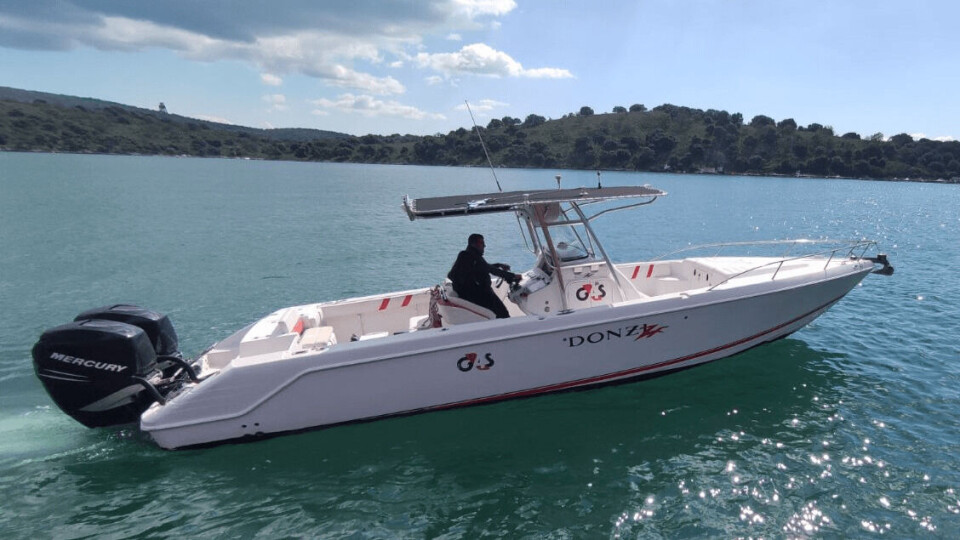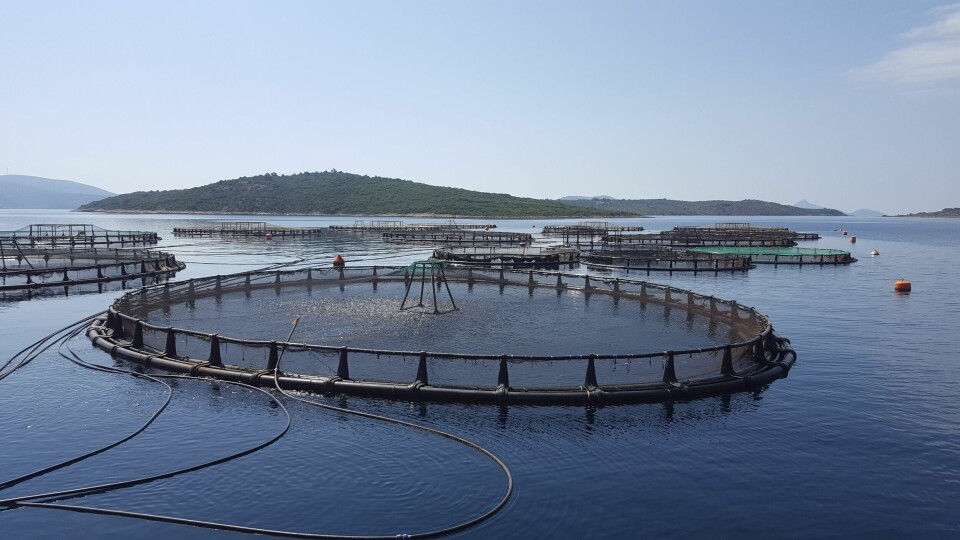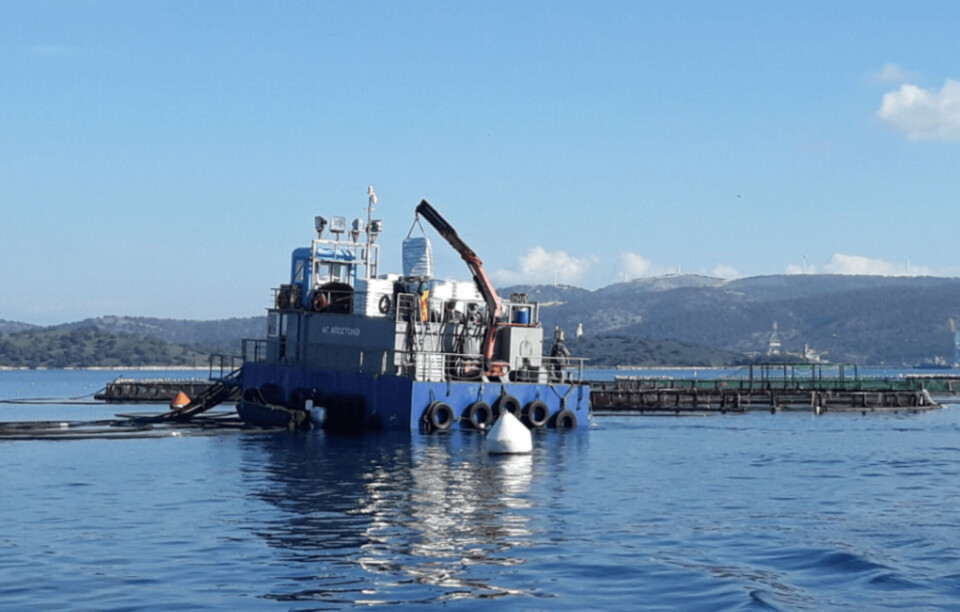
The bailiffs of the sea
Poaching is an age-old problem in rivers, but it can also be an issue for aquaculture, so much so that in western Greece one company has employed private security firm G4S to guard some of its Mediterranean fish farms. It’s a first for G4S, which explains here how it has gone about an unusual task.
Sea bass and sea bream are farmed up to 20 kilometres off the coast of Astakos, across an area of 875,000m², by aquaculture company, Avramar.
G4S began working with Avramar in 2019, when the company wanted to improve the security arrangements of the farms to ensure that both its assets and employees were well protected.
Organised crime
Fish farms in the Mediterranean have to contend with poachers in small vessels or even organised criminal gangs. And while in many cases the amount of fish stolen may not be significant, these activities can damage the equipment, nets and cages used in the farms. Other boats can also unknowingly stray into a fish farm and cause accidental damage.
“The results have been exceptional, with no poaching incidents or damage caused to the farms - accidental or otherwise - since the new integrated security solution was put in place,” said Panagiotis Lamprintzis, G4S Greece secure solutions project manager.
“Through our approach we have built a trusted partnership with our customer and the result is their peace of mind.”

71 farm sites
Aquaculture is one of Greece’s biggest industries and Avramar, which was formed in January 2021 through the merger of four Greek companies, has 71 fish farming sites across Greece and Spain, 12 fish hatcheries and three fish feed production sites. Avramar’s major fresh fish export markets are the USA, France, Italy and Spain, supplying many well-known European and UK supermarkets.
The company has 12 static platforms off the coast of Astakos, manned by its skilled employees.
Each of the central platforms manages the fish farms which encircle it and the Avramar team, weather permitting, will inspect the farms and feed the fish daily. Twice a week, Avramar’s specialist divers check the nets and underwater cages to ensure they are in good working order and to carry out maintenance.
Prior to working with G4S, Avramar employed its own security officers, but decided that human surveillance alone wasn’t enough to cover the potential threats that the farms may face, particularly over a large area, the majority of which is open sea.
Fish farm security
Lamprintzis worked with the customer for a number of months before the solution was put in place, to understand the range of risks that the farm faces every day. The Covid-19 pandemic delayed the initial start date, but the solution was up and running by July 2020, with measures in place to ensure the relevant public health guidelines were followed.
While G4S has extensive experience securing sites across the world, a project of this type in the aquaculture industry was uncharted territory.
“We worked with the customer and proposed an integrated security solution that used the most appropriate technology - in some cases nautical - to greatly enhance how officers could respond to threats or incidents more quickly and effectively,” said Panagiotis.
“Our solution protects both Avramar’s assets and employees, the farms themselves and the fish they produce. What Avramar wanted was a more responsive and effective security arrangement which we have developed in partnership with them.
“The results have been fantastic, and we will continue to work with the Avramar team to develop and improve our offering. What it brings them is reassurance that whatever security situation we face, it can be resolved quickly, while protecting their people and their assets.”

Focus on safety
Every employee and G4S professional wears a life vest and if a person falls into the water, an alarm is triggered which is linked to the G4S monitoring centre, based on the mainland at an Avramar production site, close to Astakos. The tracker has a GPS signal, which can precisely pinpoint where that person is. G4S has three speedboats, which are used to patrol the farms, as well as react to emergencies and rescue anyone who has fallen into the water.
The G4S officers manning the speedboats hold security licences and are experienced, licensed speedboat drivers.
“This is essential, as driving these boats in open sea requires great skill, even when the water is relatively calm,” said Panagiotis. “On some days, particularly in the winter when the weather can be treacherous and a weather warning has been issued, it is illegal for boats of any kind to be at sea.”
State-of-the-art cameras
Specialised nautical radar and state-of-the-art thermal and optical imaging cameras are used to protect the perimeter of each farm. Vessels which come too close are detected by radar and the system can distinguish whether a detected boat is either a known “friendly” vessel or an unknown one.
“All systems are linked to the monitoring centre and an unidentified vessel will activate loudspeakers and a rotating beacon at the farm,” said Panagiotis. “Over the Tannoy, personnel can communicate to the boat’s captain to move away from the farm and if necessary, the G4S speedboat team can attend quickly to the correct location, to ensure the boat doesn’t stray further into the farm.”
Speedboats are also able to patrol the higher traffic routes closest to the farms to ensure the farms’ safety. Where accidental entrance into the farm occurs, G4S professionals can explain and help the vessels, stopping them from veering into the wrong area. Thermal imaging cameras are used at night to verify any unexpected movement in and around the farm.























































